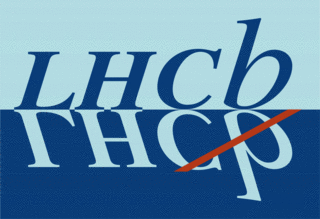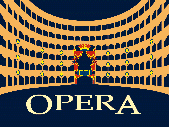PPMuon primary dataset in RECO format from RunA of 2013 (/PPMuon/Run2013A-PromptReco-v1/RECO)
/PPMuon/Run2013A-PromptReco-v1/RECO, CMS collaboration
Cite as: CMS collaboration (2023). PPMuon primary dataset in RECO format from RunA of 2013 (/PPMuon/Run2013A-PromptReco-v1/RECO). CERN Open Data Portal. DOI:10.7483/OPENDATA.CMS.21ZP.1VD9
Dataset Collision Heavy-ion physics CMS 2.76TeV pp CERN-LHC
Description
PPMuon primary dataset in RECO format from RunA of 2013. Run period from run number 211739 to 211831.
These proton-proton data were taken at the same centre-of-mass energy and have a similar trigger menu to Pb-Pb collision data from 2010/2011.
The list of validated runs, which must be applied to all analyses, either with the full validation or for an analysis requiring only muons, can be found in
Dataset characteristics
33397807 events. 1316 files. 5.6 TiB in total.System details
GR_P_V43D::AllCMSSW_5_3_20
Recommended container image for analyses is available in the following locations (see guide):
docker.io/cmsopendata/cmssw_5_3_20-slc6_amd64_gcc472:latestgitlab-registry.cern.ch/cms-cloud/cmssw-docker-opendata/cmssw_5_3_20-slc6_amd64_gcc472:latest
How were these data selected?
Events stored in this primary dataset were selected because of the presence of one or more high-pt muon.
Data taking / HLT
The collision data were assigned to different RAW datasets using the following HLT configuration.
HLT trigger paths
The possible HLT trigger paths in this dataset are:
HLT_PAL1DoubleMu0_HighQ
HLT_PAL1DoubleMuOpen
HLT_PAL2DoubleMu3
HLT_PAMu3
HLT_PAMu7
HLT_PAMu12
HLT_PABTagMu_Jet20_Mu4
HLT_PAMu3PFJet20
HLT_PAMu3PFJet40
HLT_PAMu7PFJet20
HLT_Mu15_eta2p1
How were these data validated?
During data taking all the runs recorded by CMS are certified as good for physics analysis if all subdetectors, trigger, lumi and physics objects (tracking, electron, muon, photon, jet and MET) show the expected performance. Certification is based first on the offline shifters evaluation and later on the feedback provided by detector and Physics Object Group experts. Based on the above information, which is stored in a specific database called Run Registry, the Data Quality Monitoring group verifies the consistency of the certification and prepares a json file of certified runs to be used for physics analysis. For each reprocessing of the raw data, the above mentioned steps are repeated. For more information see:
The Data Quality Monitoring Software for the CMS experiment at the LHC: past, present and future
How can you use these data?
You can access these data through the CMS Open Data container or the CMS Virtual Machine. See the instructions for setting up one of the two alternative environments and getting started in
Running CMS analysis code using Docker
Disclaimer
The open data are released under the Creative Commons CC0 waiver. Neither the experiment(s) ( CMS ) nor CERN endorse any works, scientific or otherwise, produced using these data. All releases will have a unique DOI that you are requested to cite in any applications or publications.






